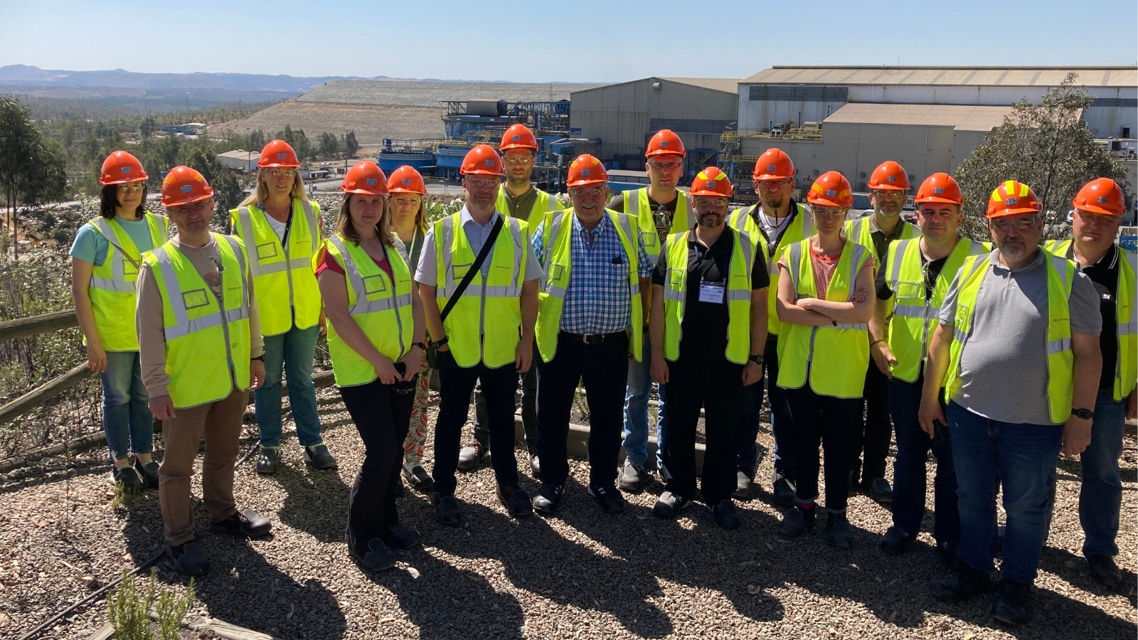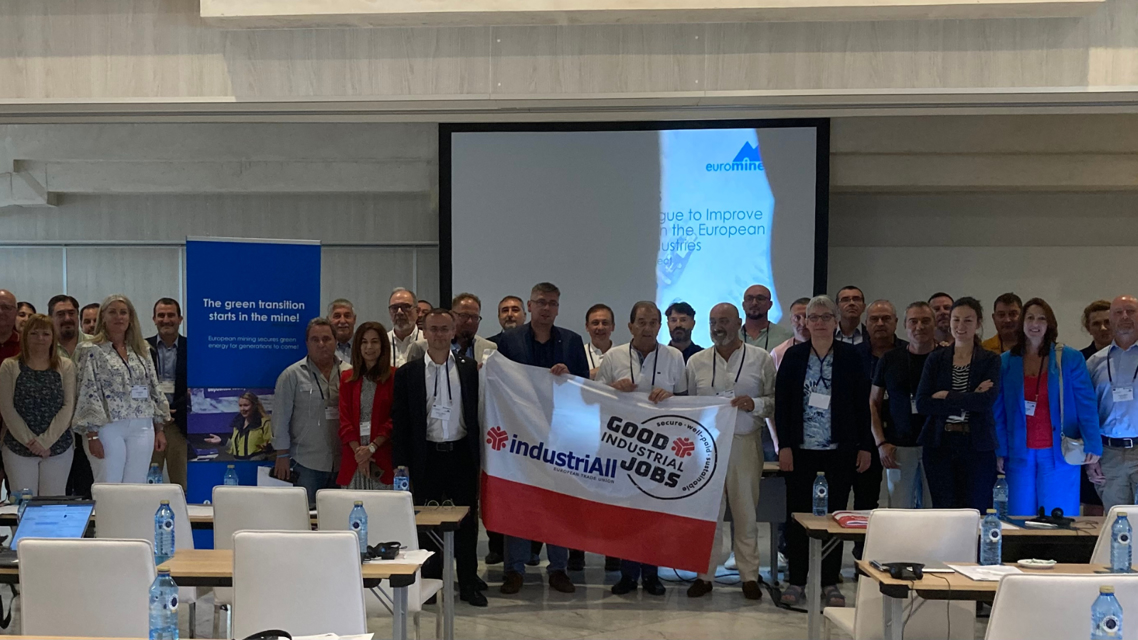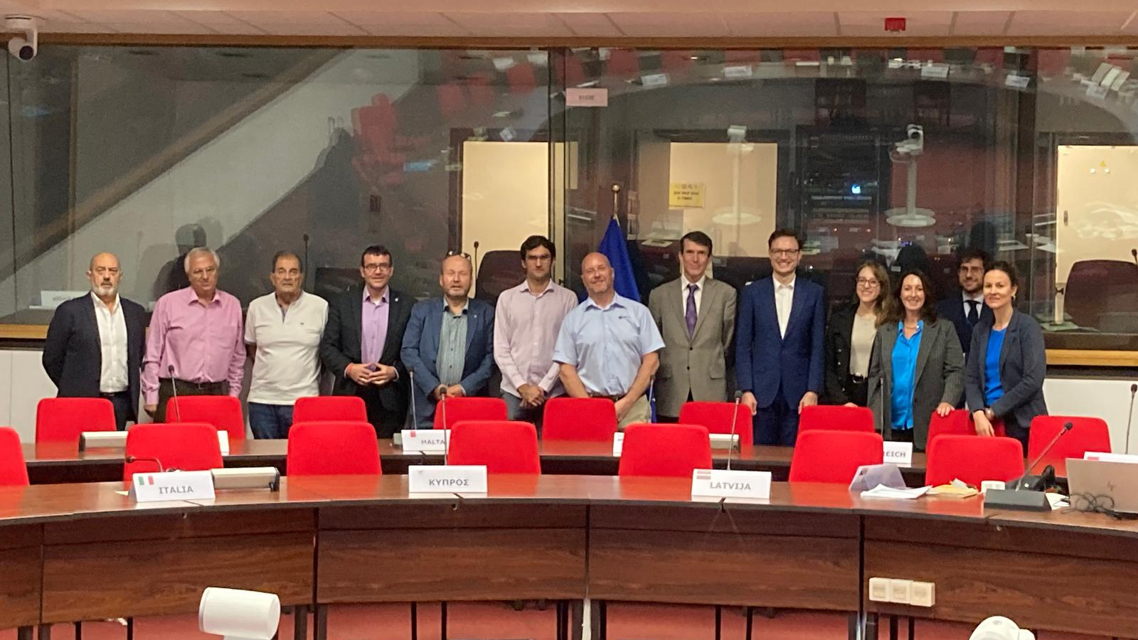Europe’s extractive industries and its workforce have a key role to play in Europe’s move towards a just Green Transition via an Industrial Deal for good quality jobs. The social partners strongly call for actions to avoid deindustrialisation in Europe and ensure good quality jobs, recognising the importance of our extractive industries.
Raw materials serve as the foundation of all industrial processes and products, and provide essential resources for manufacturing, construction and technological advancement in Europe. They contribute to strategic autonomy and economic security.
Mineral raw materials constitute the cornerstone of Europe’s most urgent and ambitious objectives, from the Green and Digital transitions to the EU’s defence and aerospace agendas. They are an essential enabler of multiple European strategic industries and provide 350,000 jobs in the EU, supporting more than 30 million jobs in the downstream sectors. Europe has developed strategic competences, skills and capabilities in these industries which must be protected and enhanced.
- Development of an industrial political strategy that includes the extractive industries to promote quality jobs in Europe.
Social partners call for the implementation of the Critical Raw Materials Act with necessary actions in terms of the means and political support, and the involvement of the social partners at European and national level. They insist on the importance to do more on circular economy and on social conditionalities attached to public investments. - Ensuring quality jobs in the extractive industries. “Quality jobs” means work that provides fair wages, ensures work security via standard employment contracts, and access to social protection. There should also be access to quality lifelong learning opportunities, good working conditions in safe and healthy workplaces, reasonable working time and a good work-life balance, while ensuring the right to join a union, trade union representation and bargaining rights as well as right to strike.
- A Just Transition for the extractive industry and its workforce. A robust support system for workers affected by changes in the industry is needed. To address this, transformation must be accompanied by a Just Transition framework that ensures effective anticipation and management of employment and skills changes. This framework should provide security for companies and workers undergoing these industrial changes, supported by the strong and stable involvement of social partners at all levels.
- A concrete agenda for reskilling and upskilling in the sector. We must invest in education and quality training programmes that equip workers with the skills needed for the jobs of tomorrow.
- Nothing about us without us: social dialogue at the heart of industrial and raw materials policies.
Engaging all social partners in meaningful dialogue based on collective and social agreements signed between social partners at European, national, regional and sectoral levels is essential for developing and implementing policies that reflect the interests and needs of the entire industry. - Striving for a fair global playing field. To uphold a truly fair trade approach, it is crucial that the procurement of raw materials from non-EU sources not only complies with EU legislation and standards for social and environmental aspects but also ensure fair returns to directly benefit the populations of resource-rich countries.


